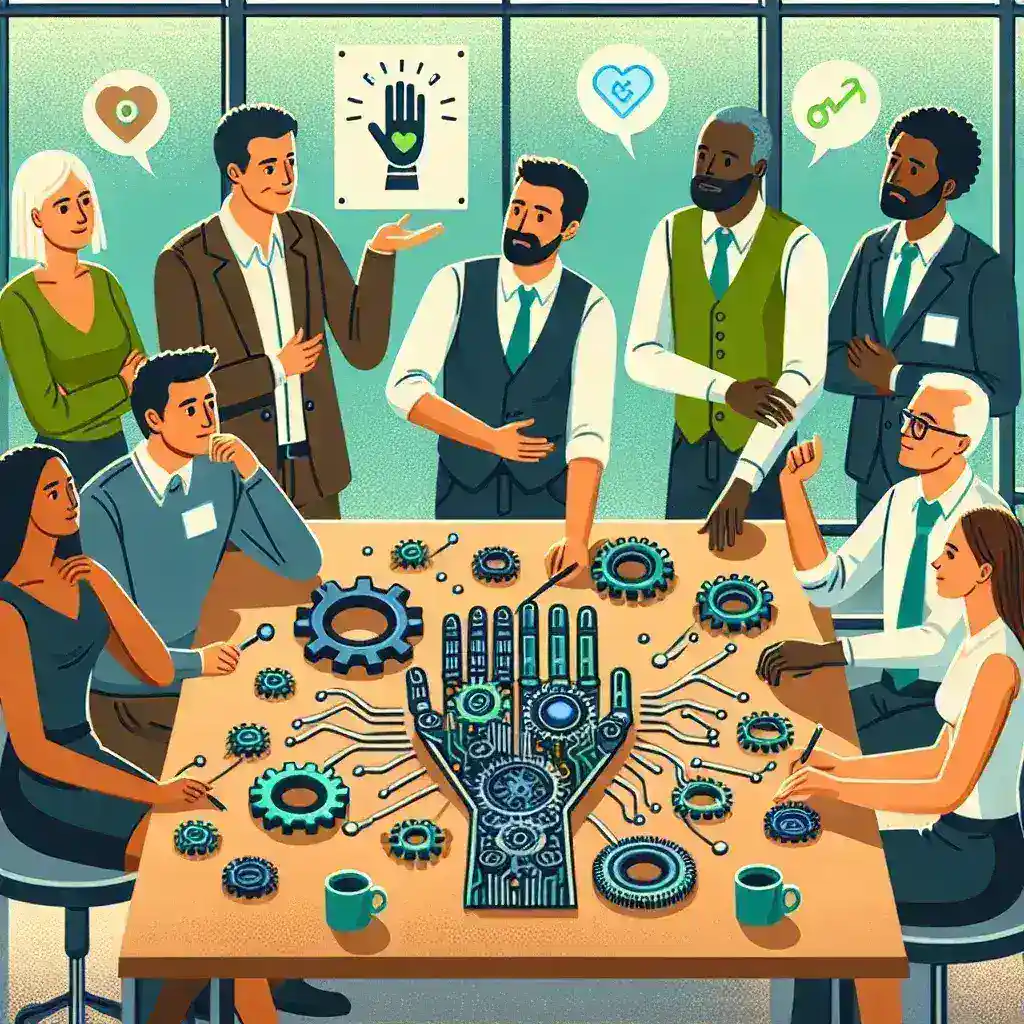Introduction
In today’s rapidly evolving digital landscape, charities face increasing pressure to engage donors effectively and maximize their fundraising efforts. Recognizing these challenges, Salesforce has launched innovative AI-powered donor engagement tools specifically designed for U.S. charities. This article delves into how these tools are transforming the landscape of charitable giving, enhancing donor relationships, and driving impactful change.
The Need for Enhanced Donor Engagement
As charitable organizations strive to meet their fundraising goals, the necessity for robust donor engagement strategies becomes evident. Traditional methods of donor engagement often fall short in personalizing interactions and understanding donor preferences. With the advent of AI technology, charities can now leverage data-driven insights to foster deeper connections with their supporters.
Challenges Faced by Charities
- Lack of personalized communication
- Difficulty in analyzing donor behavior
- Inconsistent donor engagement strategies
- Pressure to adapt to changing donor expectations
Salesforce’s AI-Powered Solutions
Salesforce’s new set of AI-powered tools, integrated into their existing platforms, aims to address these challenges head-on. By utilizing advanced analytics and machine learning, these tools provide charities with actionable insights that can enhance their fundraising strategies.
Key Features of the AI Tools
- Predictive Analytics: This feature helps charities understand donor behavior by analyzing past interactions and predicting future giving patterns.
- Automated Communication: Salesforce’s tools allow organizations to create tailored communication strategies that resonate with individual donors.
- Donor Segmentation: Enhanced segmentation capabilities enable charities to categorize donors based on various criteria, ensuring targeted outreach.
- Real-Time Insights: Charities can access real-time data about donor engagement, allowing them to adjust strategies swiftly and efficiently.
Benefits of AI-Powered Donor Engagement Tools
The introduction of these tools brings numerous benefits to charitable organizations:
1. Improved Donor Relationships
By personalizing communication and understanding donor preferences, charities can build stronger relationships with their supporters. Engaged donors are more likely to contribute regularly and increase their donations over time.
2. Increased Fundraising Efficiency
With the help of predictive analytics, charities can identify high-potential donors and focus their efforts on cultivating these relationships, resulting in more effective fundraising campaigns.
3. Enhanced Data-Driven Decision Making
The insights provided by AI tools enable charities to make informed decisions based on real-time data, reducing guesswork and improving overall strategy.
4. Greater Donor Retention
By engaging donors in meaningful ways, organizations can increase retention rates, ensuring that supporters remain committed to their causes.
Future Predictions: The Role of AI in Charitable Giving
As AI technology continues to evolve, its impact on the nonprofit sector is expected to grow. Charities that adopt these tools early on will likely see a significant advantage over those that rely on traditional methods. By leveraging AI, organizations can anticipate donor needs, enhance the giving experience, and ultimately drive more impactful change.
Expert Insights
Industry experts emphasize the importance of adopting AI-powered tools for charities. Jane Doe, a nonprofit consultant, states, “The future of fundraising is data-driven. Charities that embrace AI will not only improve their current operations but will be better positioned for success in the long run.”
Real Examples of Success
Several charities have already begun to see success through the implementation of Salesforce’s AI tools:
- Charity A: After integrating AI-powered donor segmentation, this organization increased its donor engagement by 30% within six months.
- Charity B: By utilizing predictive analytics, this charity was able to identify and cultivate relationships with high-value donors, resulting in a 50% increase in major gifts.
Considerations and Challenges
While the benefits of AI-powered donor engagement tools are compelling, charities must also consider potential challenges:
1. Data Privacy Concerns
In an era of heightened awareness around data privacy, charities must ensure they handle donor information responsibly and comply with regulations.
2. Implementation Costs
Investing in AI tools may represent a significant upfront cost for some organizations. However, the long-term benefits often outweigh these initial expenditures.
3. Training Requirements
Staff members may require training to fully utilize the new tools, necessitating a commitment to ongoing education.
Conclusion
As Salesforce introduces its AI-powered donor engagement tools for U.S. charities, the potential for enhanced fundraising efforts and improved donor relationships is clear. By embracing these innovations, charitable organizations can navigate the challenges of modern fundraising, foster deeper connections with their supporters, and ultimately drive greater impact in their communities. The future of charitable giving lies in the hands of those willing to adapt and innovate in this digital age.

Leave a Reply